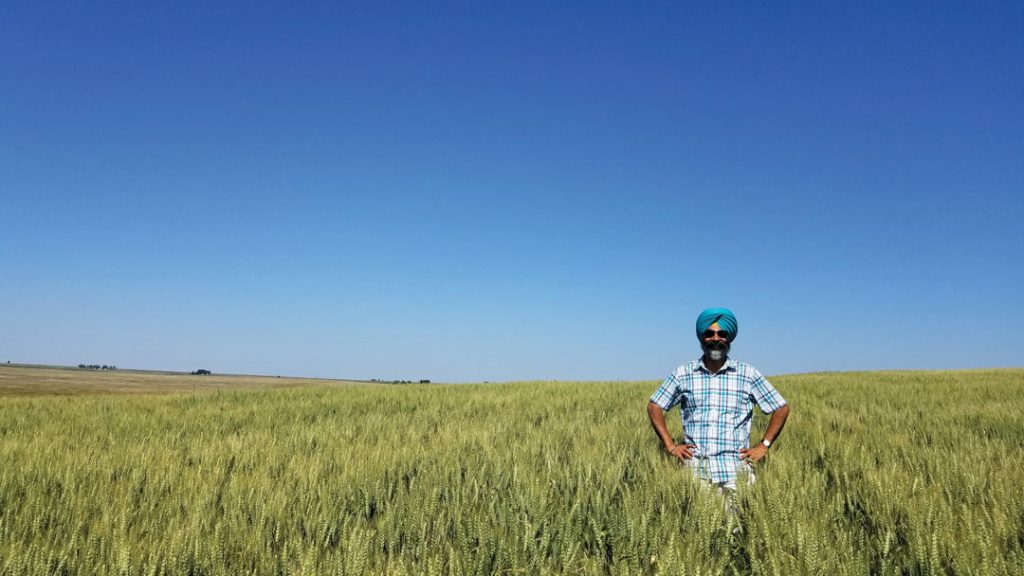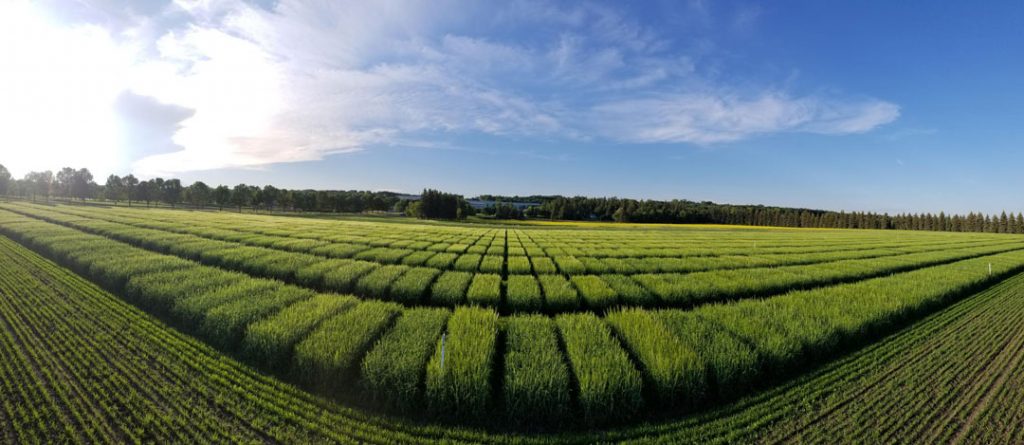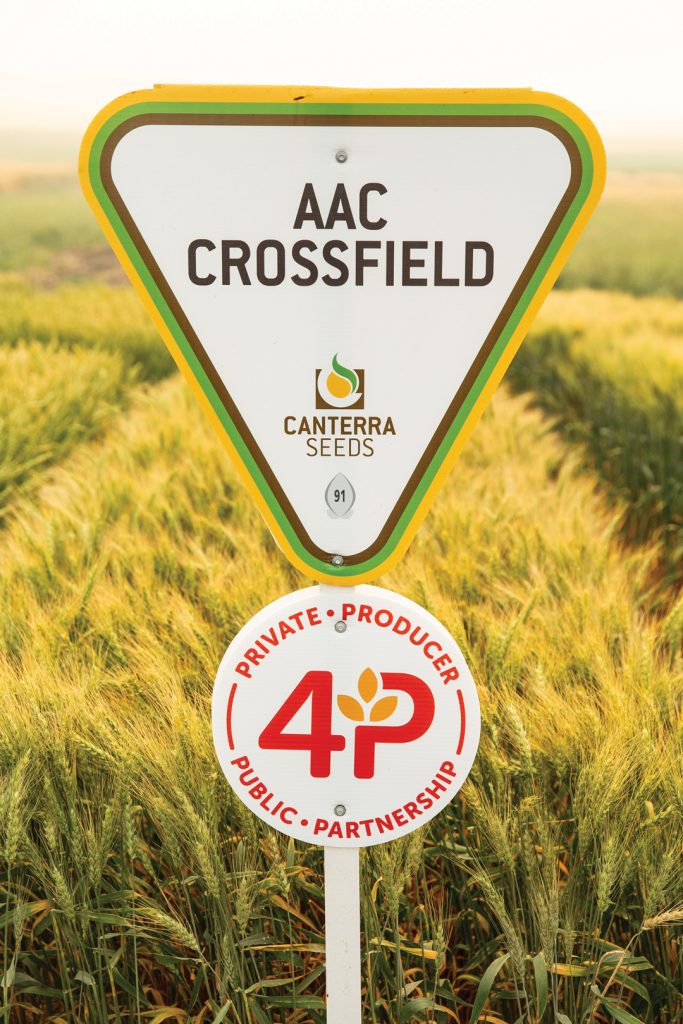SOFT, WHITE AND LUCRATIVE
The production volume of Canada Western Soft White Spring wheat (CWSWS) grown for food purposes in Western Canada is low. However, the handful of Alberta farmers who grow this limited acreage crop consistently praise it.

The production volume of Canada Western Soft White Spring wheat (CWSWS) grown for food purposes in Western Canada is low. However, the handful of Alberta farmers who grow this limited acreage crop consistently praise it.

There is strength in numbers. It’s a truism that has motivated cereals commissions across the Prairies to team up and strengthen their research efforts.

The ability of legumes to self-fertilize by fixing nitrogen from the air is well-known. Developing this ability in grains, however, could radically change Canadian cereal crop production. Such an innovation has the potential to diminish input costs and decrease environmental impact, but making it happen is a complex and challenging task. Alicja Ziemienowicz, a research scientist with Agriculture and Agri-Food Canada’s Lethbridge Research and Development Centre, is working to solve this tricky biological puzzle. While her research began in 2014, and has yielded impressive results, it could be more than a decade from now until we see nitrogen-fixing grains blowing in the wind.

The world’s food demand is increasing, but its supply of agricultural land is not. The challenge faced by the farming industry is to increase productivity, improve food security and boost farm income on a land base that is fixed, or in some cases, shrinking. One of the best strategies to address all these related demands is to encourage innovative scientific research.

Two projects funded in part by the Alberta Wheat Commission (AWC) and Alberta Barley are among a number studying the use of airborne disease spore collection devices—generally known as biosensors.

Launched in 2015, 4P, which stands for “public, private and producer partnership,” includes Agriculture and Agri-Food Canada (AAFC), Canterra Seeds and the Alberta Wheat Commission (AWC). The pact is aimed at improving CPSR varieties.